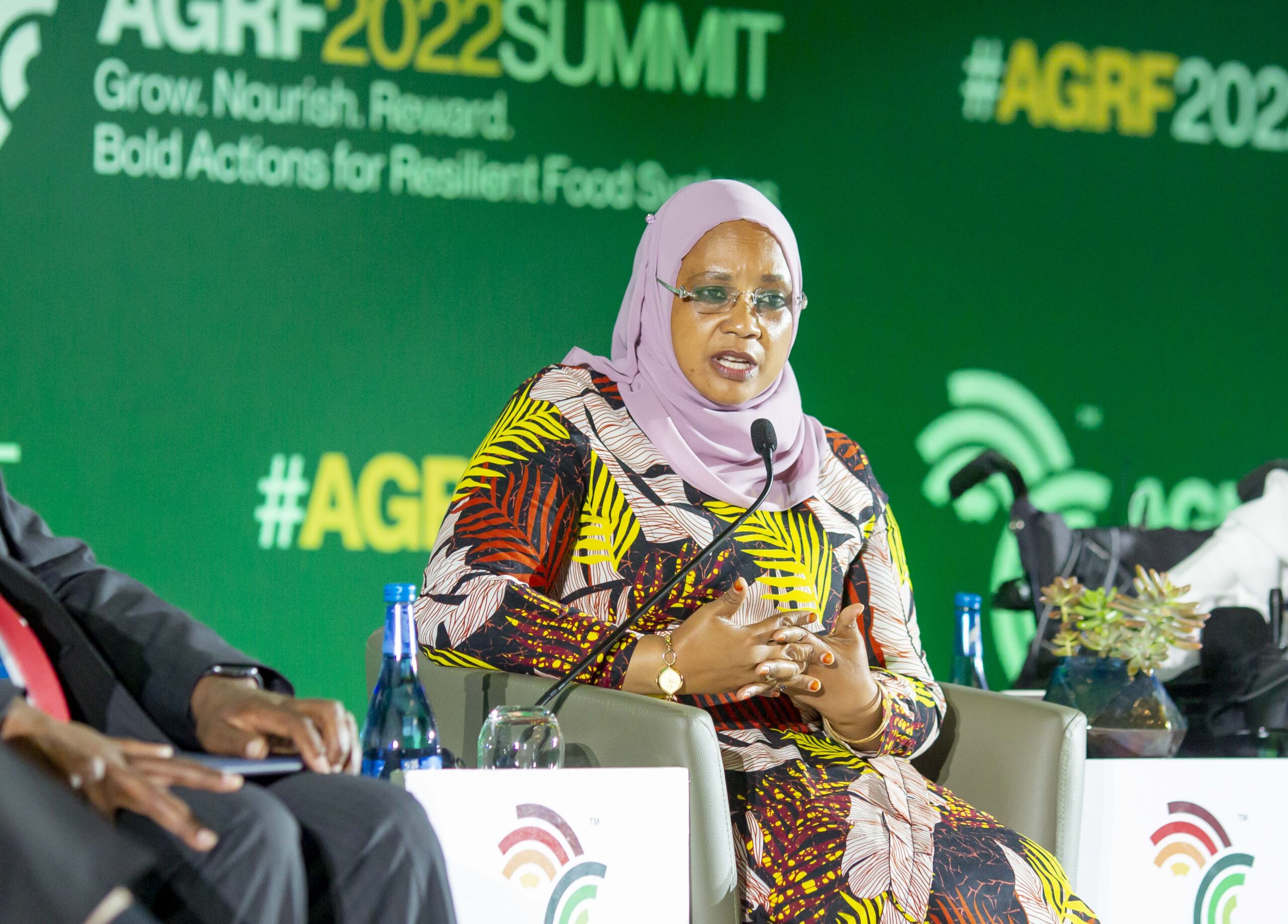Uganda’s Thriving Agriculture Sector: A Glimpse into the Ongoing Progress
By Charles Muchoki
Uganda’s agriculture sector stands as a pivotal pillar of the nation’s economy, offering livelihoods to millions and significantly contributing to both food security and economic growth. This sector, characterized by a rich diversity of crops and bolstered by favorable climatic conditions, has the potential to transform Uganda into a regional agricultural powerhouse. This in-depth exploration sheds light on the current developments and insights from leaders at the helm of Uganda’s agricultural advancements.
The Backbone of the Economy
Agriculture in Uganda is more than an economic sector; it’s a way of life for the majority of its population. The sector engages about 70% of Ugandans, contributing approximately 32% to the country’s Gross Domestic Product (GDP). This substantial engagement underscores the sector’s importance not just economically, but also socially and culturally.
Leadership Perspectives
Dr. John Jagwe, the Director of Agriculture at the Ministry of Agriculture, Animal Industry, and Fisheries, speaks with optimism about the sector’s progress. “Uganda’s agriculture sector is witnessing remarkable progress. Our commitment is unwavering towards promoting sustainable practices, enhancing crop diversity, and ensuring food security for our citizens. We prioritize improving the livelihoods of smallholder farmers, who form the sector’s backbone,” he asserts.
Betty Nambooze, Chairperson of the Parliamentary Committee on Agriculture, emphasizes agriculture’s critical role in Uganda’s development. She articulates, “We are working diligently to create policies that encourage sector investment, improve farmers’ access to credit, and address challenges such as land fragmentation.”
Dr. Samuel Mugasi, the Executive Director of the National Agriculture Advisory Service (NAADS), adds to this narrative. “NAADS is dedicated to equipping farmers with knowledge, tools, and resources needed for success. We promote modern farming techniques, provide quality seeds, and facilitate market access. Our goal is to transform subsistence farming into profitable agribusiness,” he explains.
Sectoral Diversity and Key Exports
Uganda’s agricultural sector is a mosaic of diverse produce, with key exports like coffee and tea playing a significant role in the economy. The country’s coffee exports generate approximately $500 million, while tea adds around $200 million in export revenue. Beyond these, sugar production, livestock, and fisheries are also integral, fulfilling domestic needs and catering to export markets. The agricultural richness is further augmented by an array of fruits and vegetables, including bananas, tomatoes, and more, which diversify the sector’s offerings.
Government Initiatives and Challenges
To support and elevate the agricultural sector, the government has launched various initiatives. These include improved access to credit for farmers and the enhancement of irrigation facilities. However, the sector faces challenges such as climate change, market access difficulties, and the need for more sustainable practices. To address these, there is a growing emphasis on collaboration between the government and the private sector.
Impact on Smallholder Farmers
Smallholder farmers are the linchpin of Uganda’s agriculture. These farmers face unique challenges, such as limited access to modern farming techniques, financial services, and markets. Addressing their needs is crucial for the sector’s overall growth. Initiatives aimed at smallholder farmers include training programs, provision of quality seeds and farming inputs, and efforts to improve market access.
Adapting to Climate Change
Climate change poses a significant threat to agriculture in Uganda. Erratic weather patterns, droughts, and floods have become more frequent, impacting crop yields and food security. The government and various organizations are working on strategies to adapt to these changes. These include promoting climate-smart agriculture practices, improving water management, and diversifying crops to reduce the risk of crop failure.
Technological Advancements
Technology is increasingly becoming a critical component in modernizing Uganda’s agriculture. From digital platforms that provide farmers with market information to innovations in irrigation and crop monitoring, technology is opening new avenues for efficiency and productivity. The integration of technology in agriculture not only enhances crop yields but also helps in tackling some of the sector’s longstanding challenges.
The Role of Youth and Women
The involvement of youth and women in agriculture is crucial for the sector’s sustainability and growth. Empowering these groups through education, access to resources, and inclusion in decision-making processes is vital. Programs aimed at encouraging youth and women entrepreneurship in agriculture are gaining momentum, recognizing their potential to inject innovation and dynamism into the sector.
Looking Forward
Looking ahead, Uganda’s agriculture sector appears poised for transformative growth. With concerted efforts from the government, private sector, and international partners, there is a clear path toward a more productive, sustainable, and profitable agricultural sector. This growth will not only bolster the economy but also improve the quality of life for millions of Ugandans.
Uganda’s agriculture sector is at a crossroads of opportunity and challenge. The commitment from leaders and stakeholders to address issues and harness the sector’s potential is evident. With continued focus on sustainable practices, technological integration, and empowerment of key demographic groups like smallholder farmers, women, and youth, Uganda can indeed become a beacon of agricultural excellence in the region.


